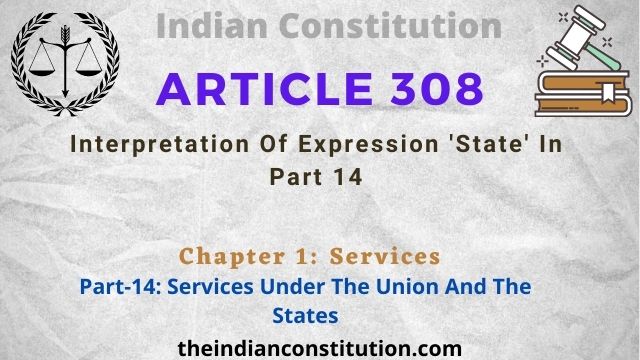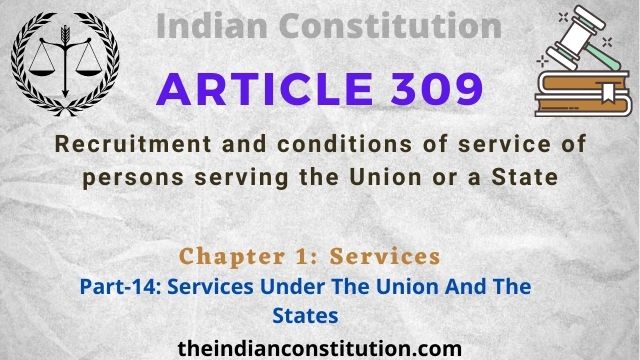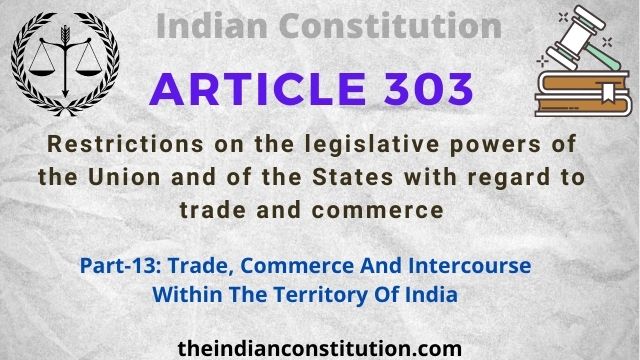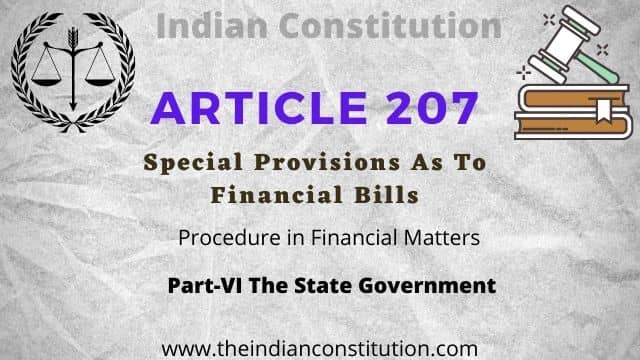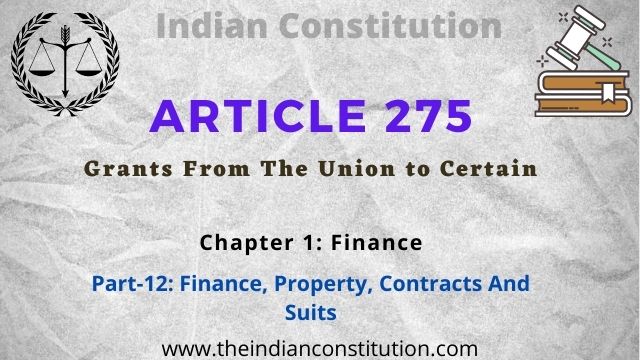Article 29 of Indian Constitution: Protection of Interests of Minorities
Navigation: Constitution of India > Part 3– Fundamental Rights > Cultural and Educational Rights > Article 25
Article 29: Protection of interests of minorities
29(1): Any section of the citizens residing in the territory of India or any part thereof having a distinct language, script or culture of its own shall have the right to conserve the same.
29(2): No citizen shall be denied admission into any educational institution maintained by the State or receiving aid out of State funds on grounds only of religion, race, caste, language or any of them.
-Text in Constitution
Explanation of Article 29
This right has only for citizens of India which resides within the territory of the country.
As we know India has huge diversity. This article gives the right to every citizen to protect and maintain their culture, language, and script.
Hindus are the majority in India where Muslim, Christian, Parsi, etc in minority. But in some states or union territory, Hindus are also in minority.
Every time minority has fear about losing their identity and culture, which has ensured by article 29.
The first provision article 29(1) protects the right of a group.
While the second provision article 29(2) guarantees the right of a citizen as an individual irrespective of the community to which he belongs.
Article 29(1) is an absolute right for the minorities. It cannot be subject to reasonable restrictions in the interest of the general public.
Article 29 grants protection to both religious minorities as well as linguistic minorities.
This means only two types of minorities mentioned in the constitution (1) Religious (2) Linguistic. Not mention the cast, representation, or other types of the minority.
However, the Supreme Court held that the scope of this article is not necessarily restricted to minorities only, as it is commonly assumed to be.
This is because of the use of the words ‘section of citizens’ in the Article that includes minorities as well as the majority.
The Supreme Court also held that the right to conserve the language includes the right to agitate (By maintaining Law and Order) for the protection of the language.
Hence, the political speeches or promises made for the conservation of the language of a section of the citizens does not amount to corrupt practice under the Representation of the People Act, 1951.
Difference Between Article 29(2) And Article 15(1)
When we read clause (2) of Article 29, we realized the same as article 15(1). But note here both have some difference.
| Article 15(1) | Article 29(2) |
|---|---|
| Protects rights only against state | Protects right against state and other institutions |
| Prohibits Many types of discrimination | Prohibits special actions, Like admission into an educational institution |
| This clause covers a wider area and it applicable for all citizens irrespective of Minority or Majority | Only related to admission into educational institution maintained by the State or receiving aid out of State funds |
| Prohibits discrimination on the basis of ‘Sex’ & ‘Birth Place’ | Those are not prohibited here |
Related Cases And SC Judgement
(1) State of Bombay v. Bombay Education Society’s Case, 1954:- SC held that limiting this right only to minority groups will amount to holding that the citizens of the majority group have no right to be admitted into an educational institution for the maintenance of which they contribute by the way of taxes.
(2) Ravneet Kaur v. Christian Medical College, Ludhiana’s Case 1998, the Court held that a private institution receiving aid from the State cannot discriminate on grounds of religion, caste, race language, or any of them.
Recently Jallikattu issue raised the conflict between ‘Article 29’ and ‘Animal Rights’.
